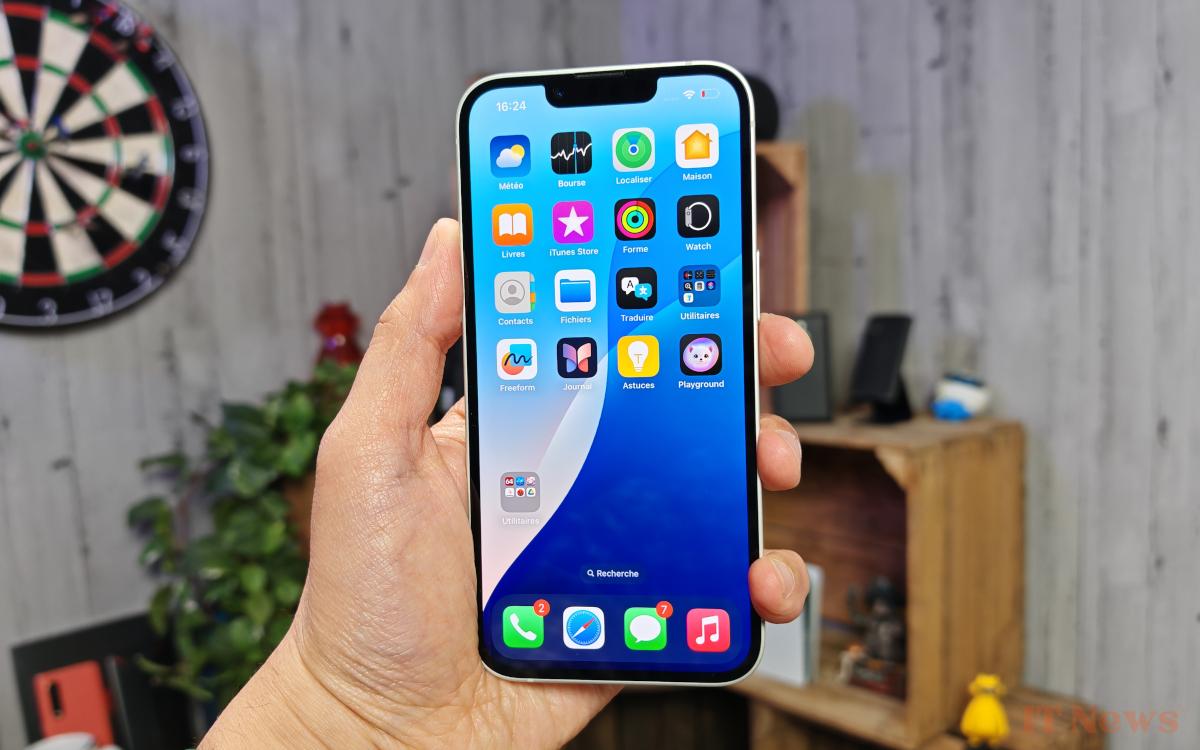Apple is preparing a major new feature in iOS 26 for critical freeze situations. iPhones will soon be able to repair themselves without using a Mac or PC. This feature could simplify the lives of millions of users.
In the event of a serious software failure, iPhone users are now forced to use a computer to restart their device. This procedure requires connecting the latter to a Mac or PC, often via a physical cable, using iTunes or Finder. Yet, more and more people are using their smartphone exclusively as their primary device, without immediate access to a computer.
Apple wants to change this situation with iOS 26, which has already revolutionized the design of iPhones, by introducing Recovery Assistant, a built-in troubleshooting tool. This feature was mentioned in the release notes for iOS 26 Developer Beta 2, released on June 23, 2025. This new assistant is described as a way to "recover your device if it does not start normally." The phone will then be able to diagnose the problem itself and attempt to correct it, without outside help.
Recovery Assistant arrives in iOS 26 to restore an iPhone without a Mac or PC
The addition of this feature marks an important step in Apple's strategy to make the iPhone completely autonomous. The ability to restore a locked device without any other technical support represents a major change for millions of users. Until now, even in the event of a simple software malfunction, another brand device or a computer was required to intervene. Recovery Assistant would avoid these constraints, even in the event of critical failures.
This is not the first time Apple has explored this type of solution. In 2020, a beta version of iOS 13.4 already referred to an "OS Recovery" system based on a remote server. The following year, rumors suggested an "Internet Recovery" capable of completely reinstalling iOS without a wired connection. Recovery Assistant appears to be taking these basics and offering a more sophisticated and integrated version. This evolution makes perfect sense with the development of models without a physical port. Such a feature would be essential for the iPhone 17 Air, which is expected to be released between September 12 and 19, 2025, according to the company's usual schedule.




0 Comments